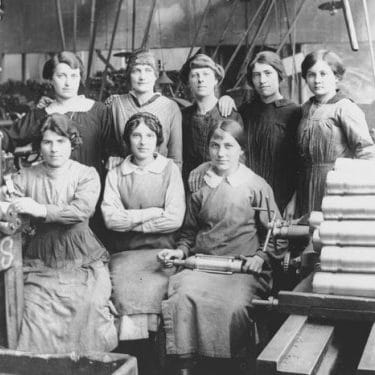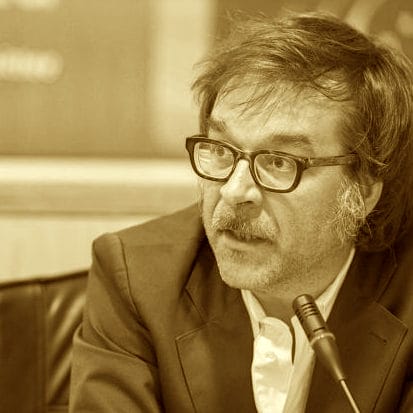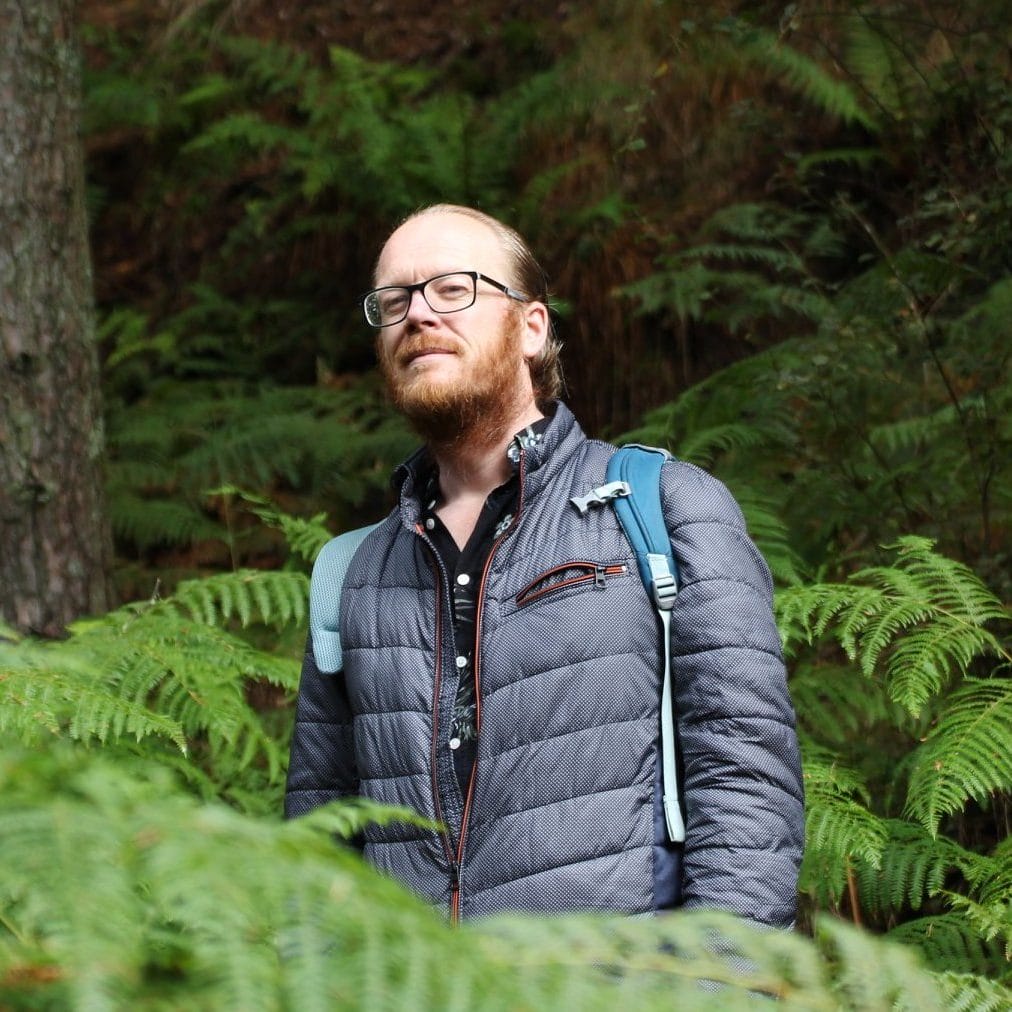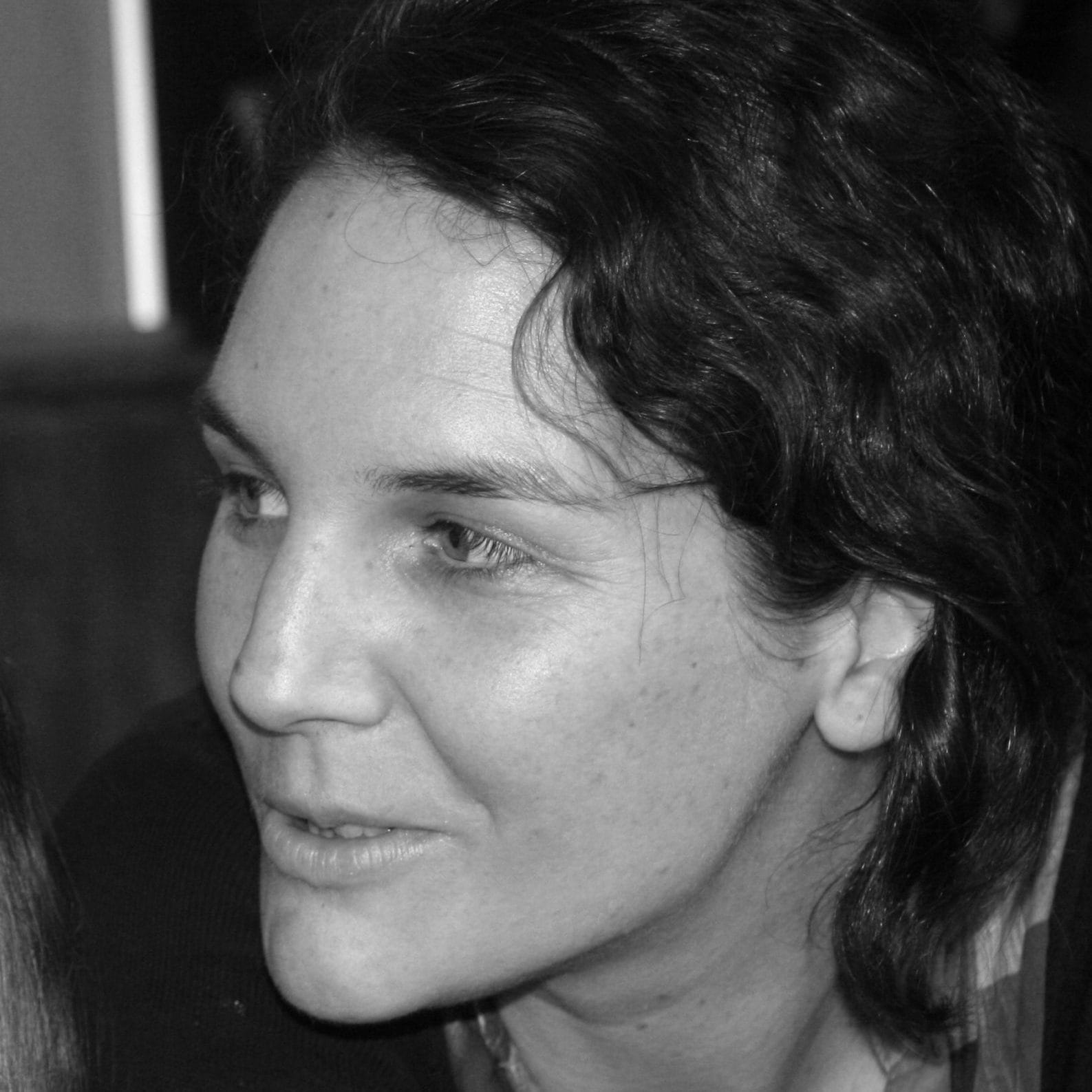
Governance of transitions towards a sustainable economy : challenges of exnovation
The GOSETE project: a pioneer research on exnovation adopting a metropolitan governance perspective [2020-2023].

Context of the project
Innovation and transitions
Regional public authorities play a strategic role in supporting the emergence and the stabilisation of sustainable innovation niches. In Brussels, supporting mechanisms include the circlemade cluster which supports circular economy innovations, or the ecobuild cluster which networks actors of the sustainable building and retrofitting industry. So-called sustainable alternatives burgeon in Brussels, particularly those relating to social economy. However, the idea that “transition is already here” is to some extent problematic.
Exnovation: the other side of transitions
Transitions dynamics imply not only the emergence and stabilisation of alternatives, but also the destabilisation, the decline and the phasing-out of industries, technologies, business models and practices that raise systemic sustainability issues. Meanwhile, the effective sustainability of innovations remains a contentious issue. For example, while the sharing economy of digital platforms was referred to until recently as a radical and sustainable innovation, the current overall picture is rather gloomy. It turns out difficult to document potential positive impacts (Frenken & Schor 2017).
GOSETE was designed in the aftermath of the Gilets jaunes movement [1] and of what we interpret as a call for just exnovations, and started in the particular context of COVID19 pandemic.
[1] The Gilets jaunes (or Yellow jackets) movement was initially organized around the criticism over the increase in the carbon tax in France and its unfair distributional impact.
Exnovation in GOSETE
GOSETE questions the exnovation concept at the level of the metropolitan governance of the transitions towards a sustainable economy. Our starting point was that little attention is paid in society to that phenomenon: exnovation does not generate immediate commercial opportunities, appealing achievements for political leaders, or mobilizing projects for citizens. How can the Brussels Capital Region engage in transition processes that take into account exnovation challenges, in addition to the direct support to innovations?
Three disciplines and three working areas
The research addresses this question with an interdisciplinary expertise combining Sustainability Transitions Studies, sustainability assessment and legal analysis. In addition to questions related to those scientific expertises, GOSETE aims to organize a large and inclusive societal debate on exnovation-related challenges.
Our applied research is structured around three main Brussels’ cases, that we call here “exnovation working areas”:
- Mobility and transport - The low-emission zone as active exnovation policy
- Retail trade - The exnovation evoked by the surge in e-commerce
- Circular economy - Exnovation towards a reuse and sharing economy
GOSETE questions the exnovation concept at the level of the metropolitan governance of the transitions towards a sustainable economy.
Team
The GOSETE team is made of researchers of the Institute for environmental management and land use planning (IGEAT) of the Université libre de Bruxelles (ULB) and of the Center for economic law and governance (Buco) of the Vrije Universiteit Brussel (VUB).








GOSETE is a prospective research funded by Innoviris (Prospective research call, “Governance of the future » theme).
Four actors involved in the governance of the transitions towards a sustainable economy in Brussels have been associated to our research project from its design phase:
- Two administrations: Bruxelles Environnement, the agency for environment and energy, and Hub.brussels, the agency supporting businesses;
- The main socioeconomic deliberative body, Brupartners (ex Conseil Economique et Social);
- A citizen movement, BRAL.
Get to know our concept
Other research projects
